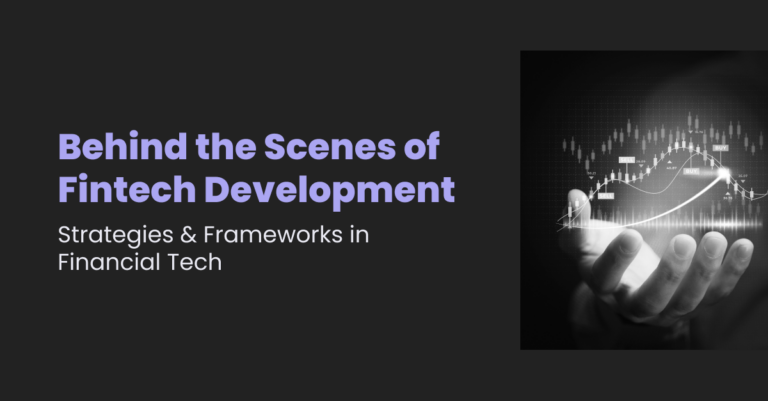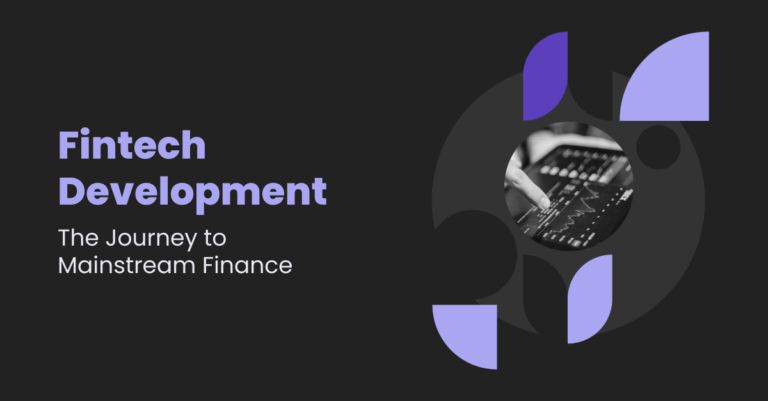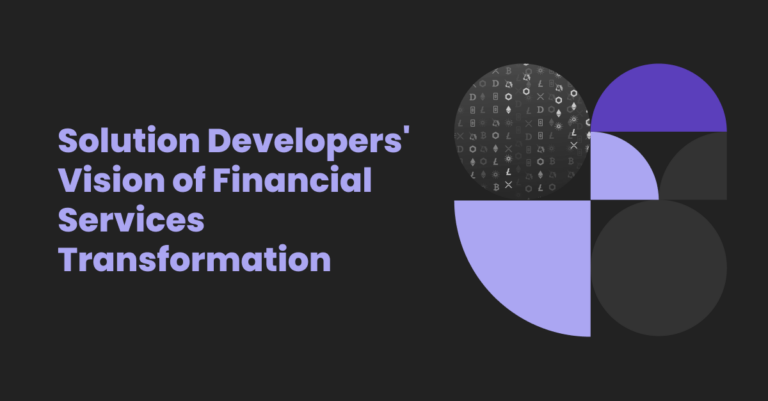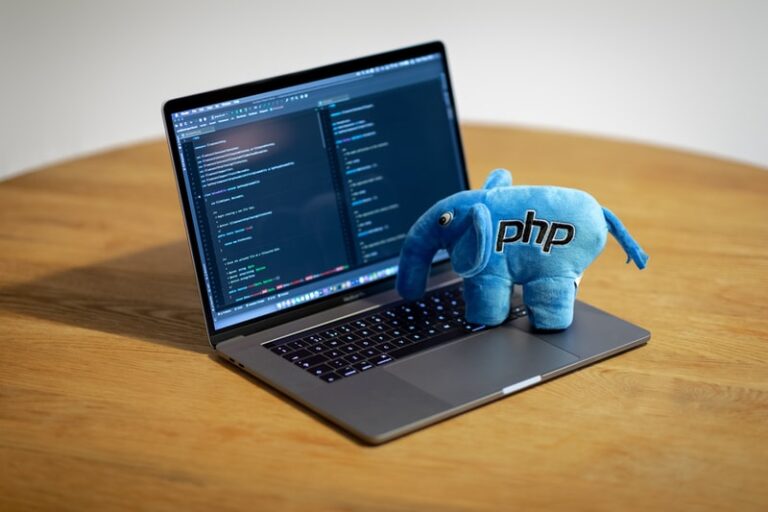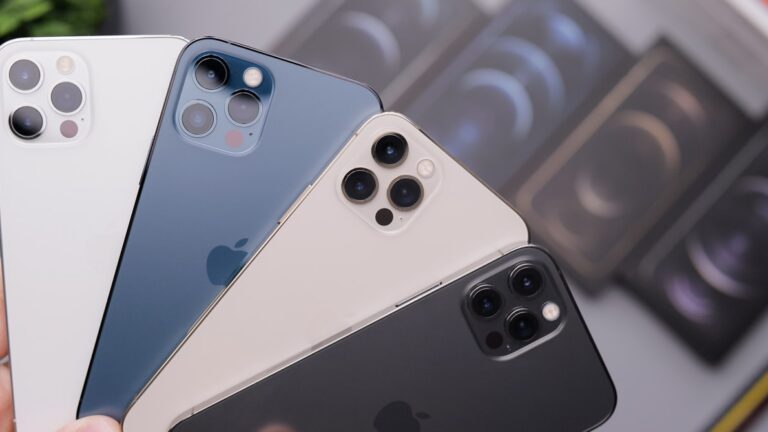Whether you need to order food delivery, check local public transport schedules, communicate with your friends and colleagues, or book a doctor’s appointment – there will be a mobile app for almost any activity. Statista reported 218 billion mobile app downloads for the year 2020. Digital statistics by We Are Social suggests that there are more mobile devices than there are people globally.

Mobile apps make up a great part of the custom software development market worldwide. Having company mobile software is no longer a prerogative of huge corporations. 55% of small businesses owned by millennials have their own mobile apps. This business decision makes sense if you keep in mind that there are 4.57 billion Internet users worldwide (59% of all global population) who spend almost 7 hours online a day on average.
We prepared our guide on mobile app development – everything you need to know about types, current trends, and the development process.
What Is a Modern Mobile Application?
Today, a mobile application is a piece of software specifically developed for gadget functionality. Gadgets include smartphones, tablets, smartwatches, and other mobile devices. Such software has various purposes: service apps, online shops, entertainment, online assistants, and many more.
Users find, download, and install these applications through software markets like AppStore and Google Play either for free or for a fee. Technically, all applications are created under a specific mobile device platform. The most popular operating systems are iOS, Android, Windows Phone.
- 76% of consumers shop on mobile devices, as “it saves them time.”
- 79% of smartphone users have made an online purchase using their mobile devices in the last six months.
Modern smartphones and tablets are universally equipped with additional functionality like gyroscopes, accelerometers, and cameras. It allows mobile apps to have many features making the user experience more pleasant and effective.
- Geolocation to contact the nearest service or company’s office
- Push notifications to inform users about the current status of their order, new messages, updates, etc.
- Camera to scan barcodes and get product information
- Augmented reality to enhance the app’s functionality
- Biometric identification systems that use fingerprints and face recognition technologies to ensure higher security levels
Mobile App Trends
An average smartphone user has a pretty standard set of apps on their device. There’s hardly anyone who has never used messengers (like WhatsApp), social network apps (like Facebook or Instagram), or email clients. However, technologies develop exponentially, and the mobile development sector is no exception to take over new, more exciting trends.
- Internet of Things
IoT is the concept of data exchange. It implies communication between people and “things” and information exchange between “things” without human interaction. The term “things” refers to smart devices, sensors, and other systems connected to the Internet. Smart Home and Smart City technologies become more widespread every day.
Examples: AI voice assistants like Amazon’s Alexa, smart lighting like Philips Hue
- Wearable Technologies
A wearable device is an accessory located on the person’s body. Such gadgets communicate with the global network and other devices. They organize their functionality around the owner’s movement in space or environment changes. The growing market of smart wearable devices creates room for app development for platforms like WatchOS (iOS) and WearOS (Android).
Examples: Smartwatches, fitness trackers, and smart rings
- Super Apps
A super app is an advanced feature-rich application. It keeps the user within the same ecosystem of services provided by a particular company. Such software often combines financial services, lifestyle, delivery of goods, household services, etc. Everything you need is in one place.
Examples: WeChat, Alipay, Grab
Mobile App Development Platforms
When it’s time for your business to create a mobile app, first things first – you need to decide on the platform. iOs and Android are the leading mobile application development platforms worldwide. Even if your budget allows you to invest in both platforms, it is much easier to start with one. It saves time and recourses and allows you to improve the product based on the feedback before implementing it on another platform.
Both iOS and Android development directions are in great demand. However, according to StatCounter, Android keeps its leading positions on the global market – 41% of all devices are run on this OS, while iOS takes up 16%.
Hardly any mobile app developer can answer which platform is better. The choice always depends on the project’s goals, the app’s purpose, and available resources.

iOS Applications
iOS is the operating system exclusively for iPhones, iPads, and wearable Apple devices. Compared to Android, it’s a centralized mobile platform that makes developers’ life easier. iOS application development services is often the choice when targeting the premium segment, as Apple products are famous for their high cost and customer loyalty.
iOS apps can only be installed on devices produced by Apple. This significantly limits your target audience if you consider coming to a global market.
What’s Good?
- A limited number of smartphone versions, screen sizes – no compatibility issues
- Transparent OS changes: Apple annually releases iOS application development guidelines and explains how to replace code elements with more efficient ones
- Fewer applications and developers – consequently, less competition
Programming languages: Swift, Objective-C
What’s Not So Good?
- More expensive development equipment
- Paid developer account
- Longer publication times as every app is carefully reviewed, and review times can be delayed if your submission is incomplete
iOS development service is considered a more secure option with fewer issues for programmers. Besides, by choosing this platform, you can target loyal customers who are used to paying for high-quality products.
Android Applications
Android is an operating system owned by Google and runs on smartphones, tablets, watches, netbooks, smart TVs, and other devices. Unlike iOS, Android is an open-source platform – Android Open Source Project has all data necessary for mobile application development on the platform.
Android runs thousands of devices with different technical characteristics. It significantly complicates the testing and debugging process.
What’s Good?
- Android app development service and develop by itself can be developed on pretty much any device
- The large developer community, documentation, and support
- Android Studio provides the fastest tools for building mobile apps
- Easy integration
- Automated testing support
Programming languages: Java, Kotlin
What’s Not So Good?
- Creating multiple versions for various devices and screens requires longer times and more resources
- Slower system updates
- Higher costs, as you need more time and resources for development and testing stages
Choosing our Android app development services to create an Android app will allow you to reach a greater audience in a relatively short time. However, this platform’s users are considered less loyal and are not used to paying for software. In this case, you need to find other ways to monetize your project.
Cross-Platform Applications
A native iOS or Android solution provides a mobile app developer with access to all OS features, allows unlimited interface configurations, and prevents any performance problems. However, if your business strategy is to reach a larger user audience, you will have to create two separate applications. It results in higher costs and longer development times. Here is when cross-platform mobile app development comes into play.
Cross-platform mobile development allows developers to cover two operating systems, iOS and Android, with one code. It doesn’t involve writing code in the native programming language but provides a near-native experience through a visualization interface using its controls.
Frameworks and programming languages: Facebook’s React Native (JavaScript), Google’s Flutter (Dart), Ionic (JavaScript + HTML, CSS), PhoneGap (JavaScript + HTML, CSS), and others.
Today, global market giants use cross-platform solutions – React Native for Facebook and Instagram, Flutter for Alibaba, Philips Hue, Grab, Groupon, and others. However, this option is also not a universal answer to all problems. If you plan to develop your app into an independent business (for example, a fitness or health care app), the best advice is to opt for native solutions. Cross-platform solutions would fit, for instance, purely informative or info-sharing projects.
Mobile App Development Process
Whether you opt for a native app or a cross-platform solution, the custom mobile app development process always starts with careful planning and a clear understanding of your project’s type, objectives, and budgets. Here are the common stages of any successful project.

-
- Planning
An experienced mobile app developer takes time to learn about your company to respond to your requirements efficiently and provide detailed suggestions for your project.
-
- Analysis and Design
At this stage, UX experts work on the prototype for your app to provide you with the exact idea of how your product will look and feel.
-
- Client-Vendor Communication
It’s crucial to stay in contact with your developer, as your feedback directly affects your product’s final version and functionality.
-
- Development
All previous feedback, requirements analysis, and prototyping are followed by the actual development stage – the most important and time-consuming part.
This phase is as important as the product’s development process because there’s always room for improvement, and even reliable solutions have bugs affecting their overall functionality.
-
- Launch
The exciting moment of your product’s launch should have professional assistance. Make sure the chosen company provides continuing support and maintenance.
Monetizing a Mobile Application
Successful monetization is the ultimate goal of any business project. The objective is clear if you create an online shop. Luckily, there are many ways to make your non-e-commerce mobile app generate profit as well – paid functions, subscriptions, advertising, and integration with third-party services. Here are some most common monetization techniques.
In-App Advertising
75% of non-game applications use this model. User behavior data drives advertising banners, videos, or native ads. It’s easy to implement and doesn’t take long to bring profit. Besides, native banners complement the app’s interface – such advertisement looks natural, improves user experience, and annoys users less.
Freemium
The combination of free and premium models is another popular approach. Here, you provide your users with some basic free feature sets and offer extra, more advanced features for a fee. Freemium, unlike aggressive promotion of paid applications, forms a positive brand image. People who tried the service before the purchase are more likely to become loyal users.
Rewarded Video
Users can opt to watch a short ad video to get a reward. It can be a special reward in a game app or, for example, 30 minutes of ad-free music on Spotify. This method is effective for a mobile app focusing on subscriptions and internal purchases, as it increases the purchase probability.
You don’t have to focus on only one technique – they can be successfully combined. However, finding what works for your product best often requires time and patience. Some monetization models become profitable immediately after integration, while others take time and adjustments.
Afterword
Whether it’s an internal system for your employees or software to reach out to more customers – creating a mobile app for your company can become one of the vital strategic decisions for your business. As the mobile development market is overwhelmed with offers, finding a long-term tech partner for your bold projects can be challenging.
Develux expert team specializing in mobile application development helps companies from retail, healthcare, education, fintech, and logistics bring their enterprises to a new level. Including mobile development in our client’s business strategies allows them to reach more people, win loyal customers, and implement their innovative ideas.
Mobile app development from trusted, experienced professionals is your conscious choice if your company needs to use data analysis to optimize all business processes, improve the user experience for your customers, and ensure smooth communication inside your teams and departments.







